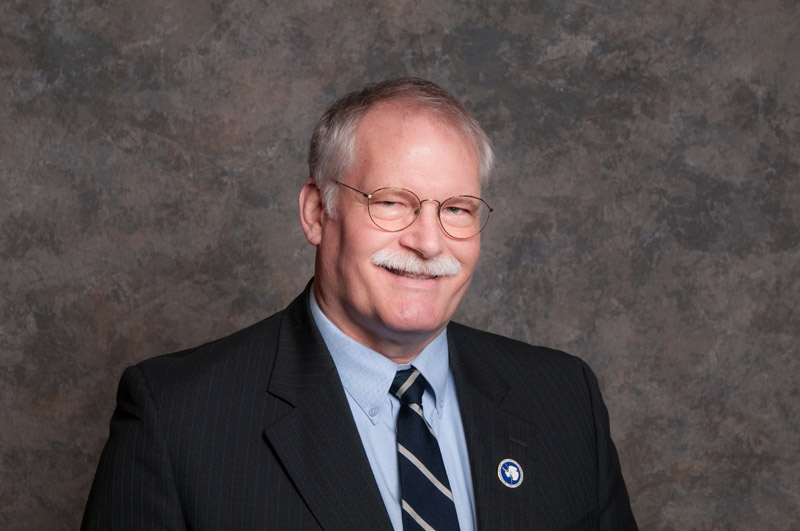
Scott Borg: Passion for science, education not cooling anytime soon
Dr. Scott Borg, head of the Antarctic sciences section within the National Science Foundation, says he enjoys not only the scientific research he's conducted, but...
Dr. Scott Borg, section head, section for Antarctic sciences, division of polar programs, directorate for geosciences, National Science Foundation.
Tell us something about your job that most people don’t know or realize.
Something about my job that most people don’t know or realize, aside from the fact that NSF is actually a federal agency — and we actually get that question, they think it’s a foundation — but aside from that I’d say that many people don’t realize the extent to which we in the U.S. Antarctic program interact with foreign counterparts as part of our nation’s investment in Antarctica.
In fact we interact frequently in efforts to coordinate international scientific collaboration and also in support of operations. So I think people don’t realize that this part of NSF is also responsible for issues like search and rescue, and emergency medical evacuations when some injury or illness occurs within our program in the Antarctic.
We also go beyond basic research, to facilitate work with other U.S. federal agencies when they need access to the Antarctic. And we work with the agencies to get access to basic information about earth, such as land surface elevation data, that the research community needs, but that isn’t typically available like it is in developed parts of the world.
How does your job connect the government with citizens in a more efficient or effective way?

I think my job connects the government with citizens in a more effective way in a few different ways. Many people think of the foundation as a supporter of basic research, which it is, but most often I think that equates to support of rather esoteric research, that isn’t likely to have a near-term effect on society. But another goal of NSF is to help train the next generation of scientists for the nation, for the workforce. I think many people don’t realize that an NSF funded university engages many students on research projects, and while these projects focus on basic or fundamental science questions, many of the students that are trained go out and get jobs in industry, in engineering firms, in the energy industry and even the mining industry.
This is true even for NSF’s Antarctic research programs. Students that are trained through NSF funding end up working in scientific jobs, for biological firms, nonprofits, or state and federal laboratories. And this is all of course in addition to training the next generation of university professors.
Of course the research is also a very important contribution to society’s knowledge bank if you will. The U.S. Antarctic program supports research across a wide array of topics from astrophysics and the origin of the universe, to biological adaptation of organisms in the extreme environment. And of course the question of how the ice sheet is changing is a major question for society; how will it change in the future, and what will it contribute to sea level rise?
What’s the best thing you’ve ever done in your job with the government?
Asking me what the best thing I’ve ever done in my job is a bit like asking me which of my kids is my favorite, so it’s a difficult question to answer. I’ve had the privilege of being involved in support for many diverse research projects that are all very important in one way or another.
Having said that I think I’m going to have to take a little bit of a general approach to answering and say the best thing I’ve done is to facilitate research that has both contributed in important ways to our society, but also contributed to the development of so many students.
What’s the best piece of job related advice you ever got?
The best piece of job advice I’ve ever been given is to be open to new ideas, new perspectives and new people. And that’s something I try to take to heart every day and I pass on to folks.
Read all our coverage of the 2016 Public Service Recognition Week.
Copyright © 2024 Federal News Network. All rights reserved. This website is not intended for users located within the European Economic Area.



